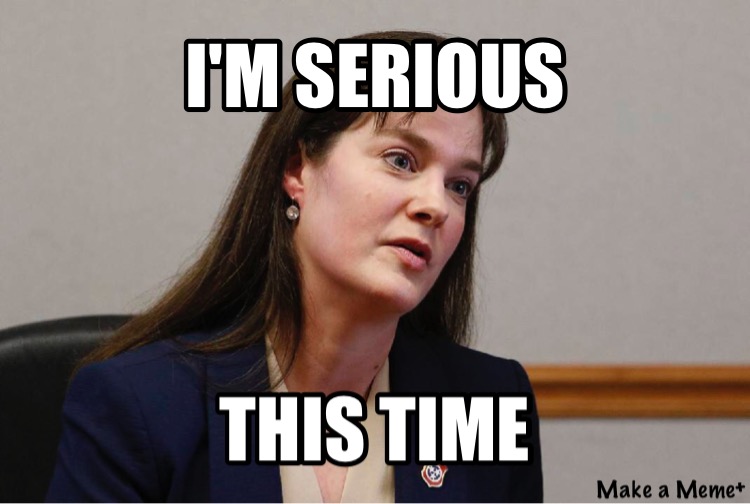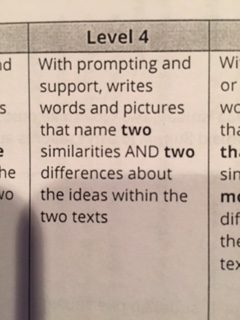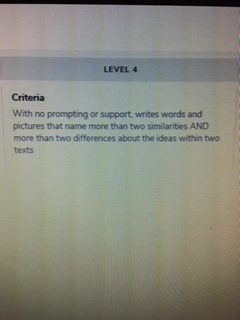By now, it should come as no surprise that our Commissioner of Education and the department she leads has a troubled relationship with the truth. That said, today’s revelation at a legislative hearing that an alleged hack of the state’s TNReady test didn’t actually happen again raises the question: Why does Candice McQueen still have a job?
Back on April 17th, the day after TNReady failed to work on day one of this year’s testing, the Tennessee Department of Education noted that the Day 2 failures were related to someone hacking the vendor:
At a legislative hearing today, the Tennessee Bureau of Investigation (TBI) indicated there was no evidence of a hack.
Additionally, the Department of Education issued this statement, which notes:
- It appears, thankfully, that there was not an outside actor who attacked Questar’s data system. No student data was breached.
- It is now clear that the event that Questar initially thought presented like a denial of service attack on Tuesday, April 17 was not created by an external actor with malicious intent, but, rather, can be traced in large part to the caching issues connected to how text-to-speech was configured by Questar.
- Questar implemented a significant and unauthorized change to text-to-speech, which had previously operated successfully during the state’s fall administration. We now know this decision led to the severity of other issues we experienced during online testing.
- Questar continues their internal investigation and is cooperating with additional external audits to make sure we have all of the facts.
Questar’s Chief Operating Officer Brad Baumgartner has provided this statement: “Questar’s internal and external investigations indicate that the source of the anomalous data pattern is believed to be the result of a configuration with the cache server. We have applied a configuration change and believe to have resolved the issue. We will continue to work with our internal technology team and external partners to validate this.”
The text-to-speech feature was also blamed for students receiving the wrong tests.
While at the time, the hacking excuse sounded pretty far-fetched, today’s hearing confirms that the Department advanced a lie offered by the state’s testing vendor. Of course, later on in the testing cycle, a dump truck was blamed for disrupting testing. That excuse was also later proven untrue.
All of this may explain why at least one school district is calling for a significant reduction in TNReady testing next year.
If this year had been the first time our state had faced testing challenges, one might understand (and forgive) the excuse-making. However, this is now the fifth consecutive year of some sort of problem and the fourth year testing administration has been, to say the least, a challenge.
One may recall the saga of Measurement, Inc. The company that hired test graders from Craigslist and was ultimately fired in 2016 after that year’s TNReady test failed.
The bottom line: If TNEdu tells you something about testing, you should question it. The track record shows that to our state’s Department of Education, truth is a relative concept.
For more on education politics and policy in Tennessee, follow @TNEdReport
Your support keeps the education news coming!








